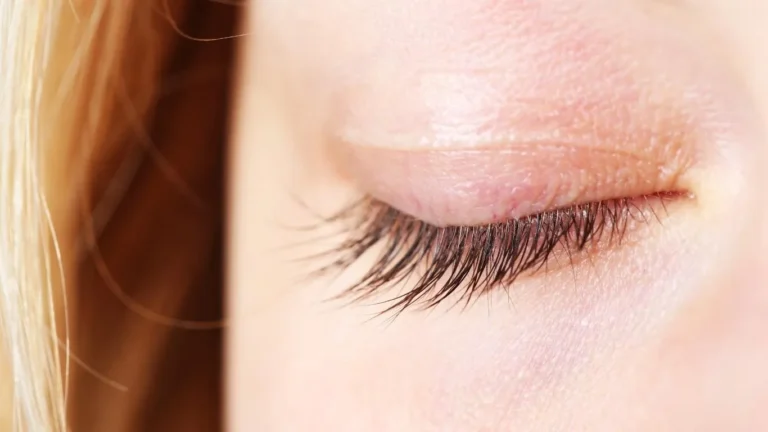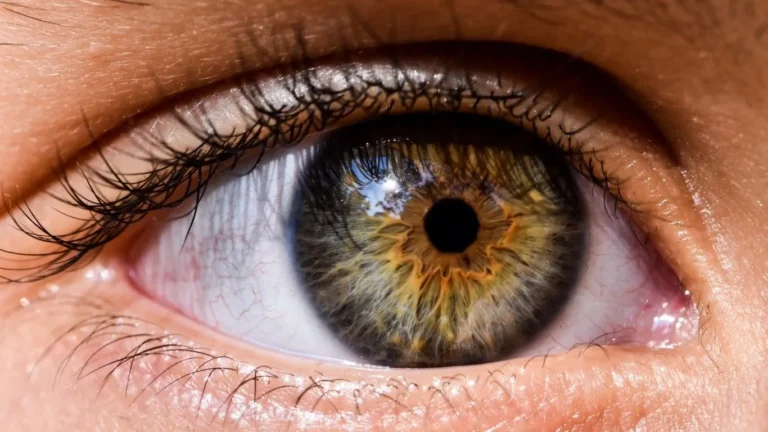Why Floaters Get Worse When Eyes Are Fully Rested
Ever wake up after a full night’s rest—feeling great, refreshed, like you’re ready to take on the world—only to suddenly spot those annoying floaters dancing across your vision? It’s confusing, right? You’d think giving your eyes a break would make things better, not worse. That was exactly my experience a few months ago. After prioritizing sleep and dialing back on screen time, I expected fewer visual interruptions… but instead, those weird transparent shapes became *more* noticeable. Turns out, there’s a bit more to this than meets the eye—literally.
Why Floaters Show Up When You’re Fully Rested
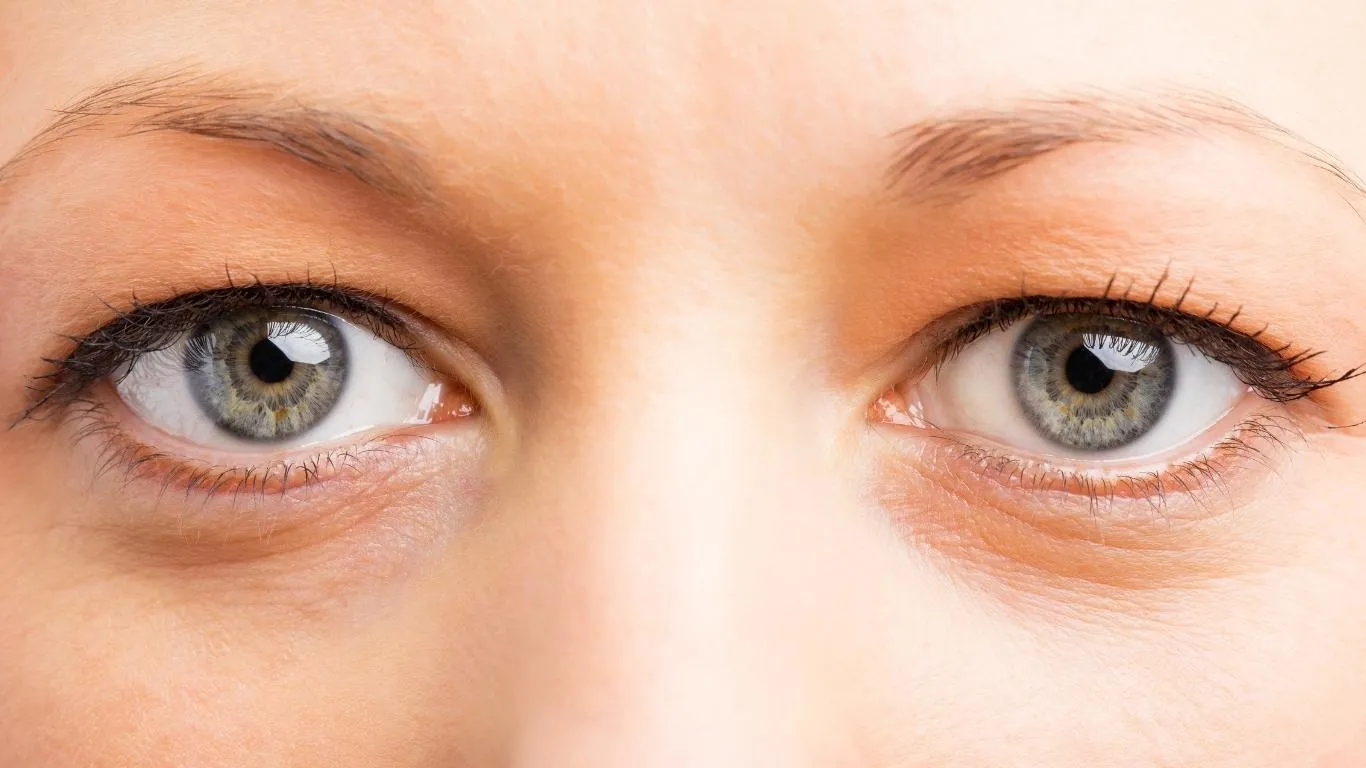
At first glance, it doesn’t make sense. You’ve slept well, your eyes aren’t dry or strained—so why are floaters more obvious now?
When you’re fully rested, your brain isn’t working overtime to filter out minor visual disturbances. This means floaters can appear *more defined* and more prominent. The contrast between a quiet, refreshed visual system and the shadows cast by the floaters makes them stand out—especially against bright backgrounds like a white ceiling, your phone screen, or the sky.
The Brain’s Filtering Mechanism Is Relaxed
Our brains are incredibly adaptive. Normally, when we’re tired, stressed, or over-stimulated, the brain filters out these floaters because it’s focused on more pressing visual tasks. But when we’re rested, alert, and calm, the brain may highlight minor inconsistencies—like floaters.
- Increased contrast sensitivity makes them more visible.
- Better peripheral awareness can also make floaters seem more distracting.
The Role of Vitreous Changes During Sleep
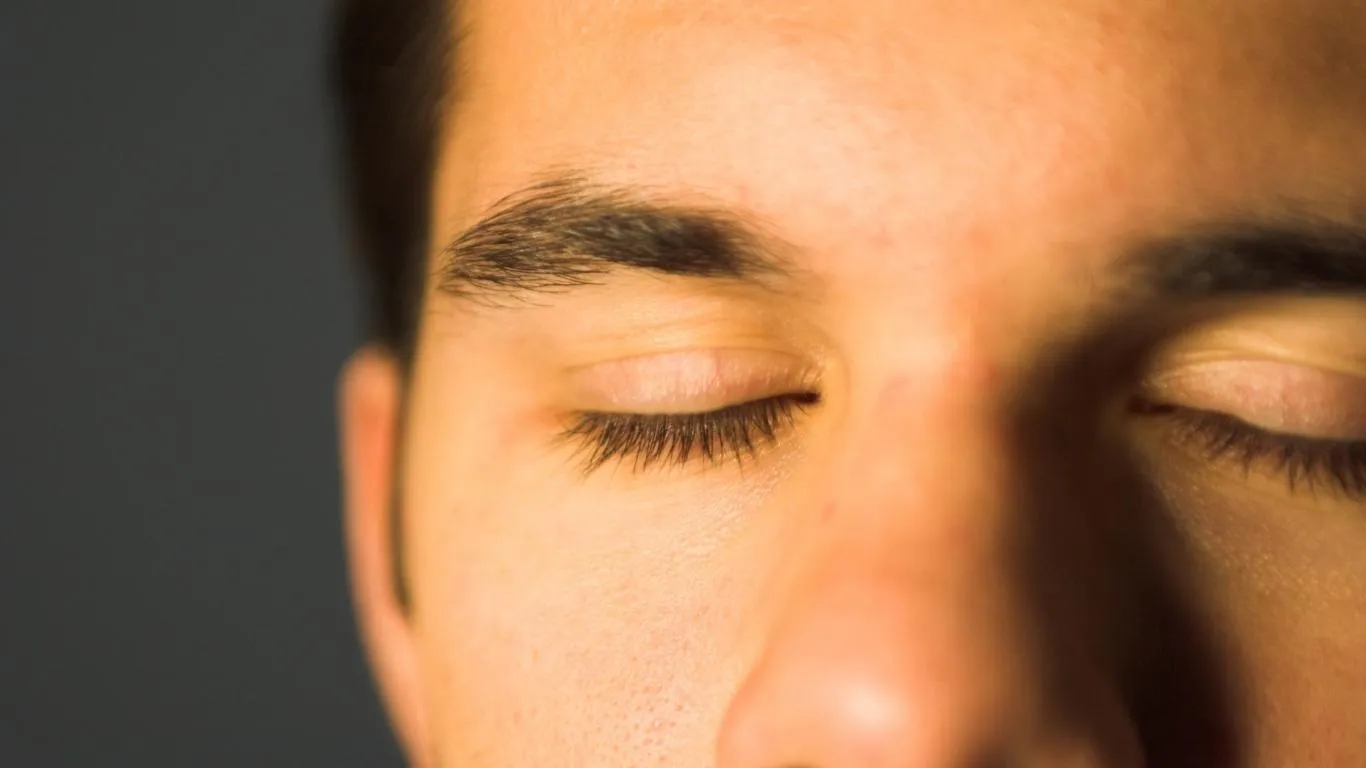
Another surprising factor is what happens to your eye’s internal structure while you’re asleep. The vitreous humor—a gel-like substance that fills the eye—can slightly shift or settle while your body is lying still for hours.
This subtle shift may reposition some of the debris or collagen fibers suspended in the vitreous. When you wake up and start moving around, the floaters you didn’t notice yesterday suddenly drift right into your visual field.
In some people, particularly those with high myopia, these shifts can be even more pronounced. That’s one of the key reasons floaters affect daily life in high myopia patients.
Morning Light and Floaters: A Bad Combo?
There’s also the matter of morning light. Floaters tend to be more visible in bright, even lighting—especially sunlight streaming in through windows. If you’ve just woken up and go outside or open your phone to a white screen, your floaters will immediately stand out.
Pair that with a refreshed brain that’s paying more attention to detail, and it’s no wonder you see more floaters after rest.
Hidden Triggers That Make Floaters Pop Up Post-Rest
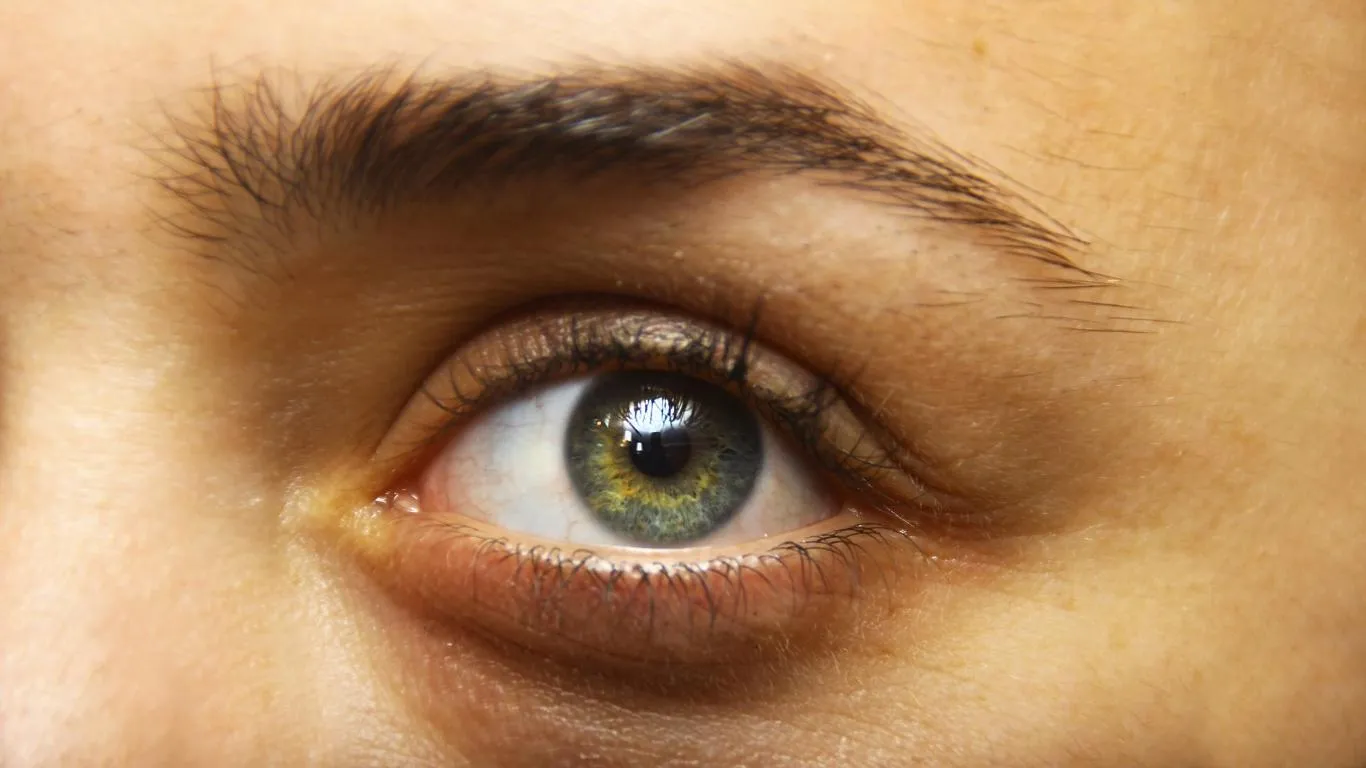
- Dehydration overnight – Many of us wake up slightly dehydrated. This can affect the eye’s fluid balance, and in some cases, make floaters seem sharper. Check out does dehydration make eye floaters worse for the science behind this.
- Blood pressure dips – Your blood pressure drops while you sleep. If you suddenly stand up, changes in ocular blood flow can make visual disturbances more noticeable. High blood pressure floaters are also a related concern.
- Poor sleep posture – Sleeping face-down or on one side too long can affect how the vitreous humor settles.
Personally, I noticed my floaters felt “floatier” after sleeping on my right side for several nights. Once I switched to sleeping on my back, the difference was shocking. Floaters were still there—but less dramatic.
Could It Be Something More?
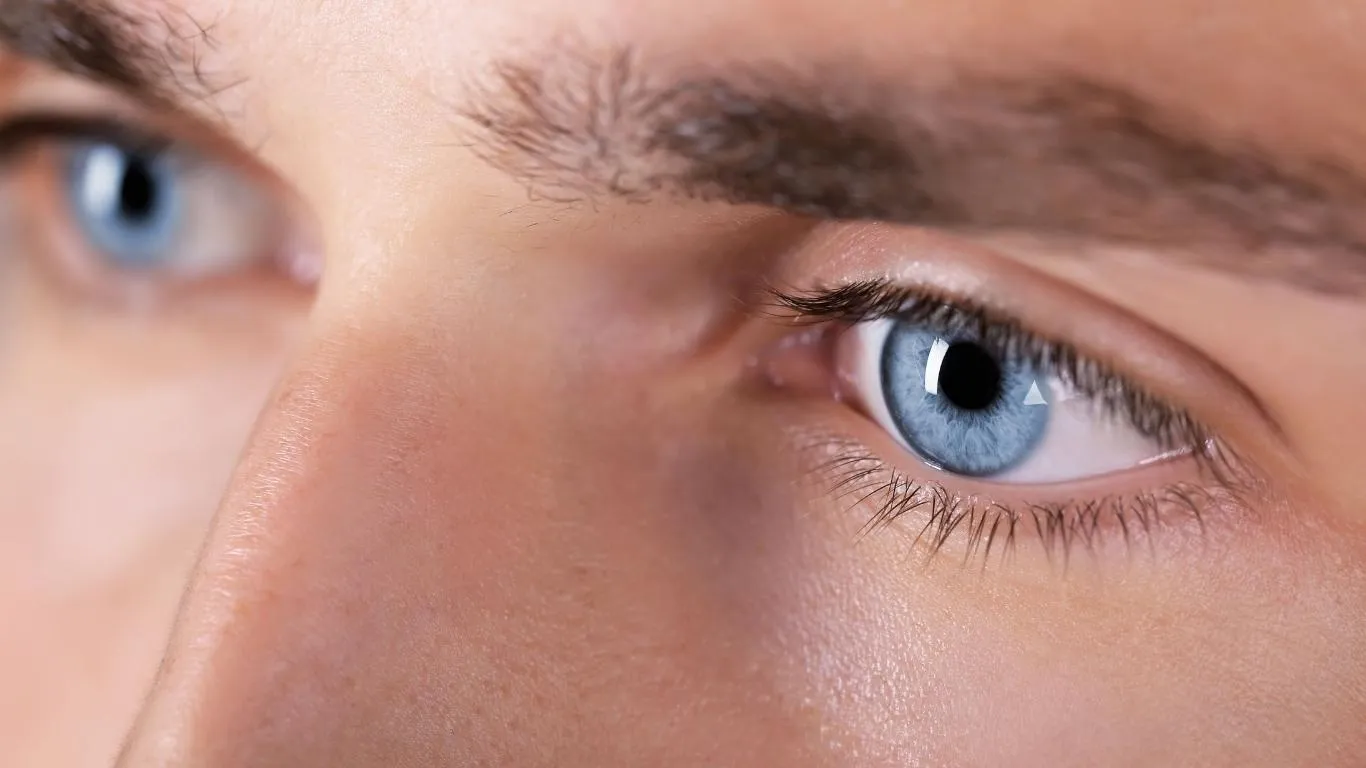
Let’s be real—sometimes it’s not just about rest. If floaters are new, rapidly increasing, or accompanied by flashes of light or blurry vision, they may be symptoms of something serious. One such condition is posterior vitreous detachment (PVD), which becomes more common with age.
Floaters that feel suddenly overwhelming—especially after a seemingly perfect night’s sleep—might not be harmless. For an in-depth understanding of potential causes, this comprehensive breakdown on common causes is worth reading.
Additionally, the main overview at what are eye floaters offers insights into symptoms and treatments that go beyond just casual observation.
Why They Seem Worse When You’re Doing Nothing
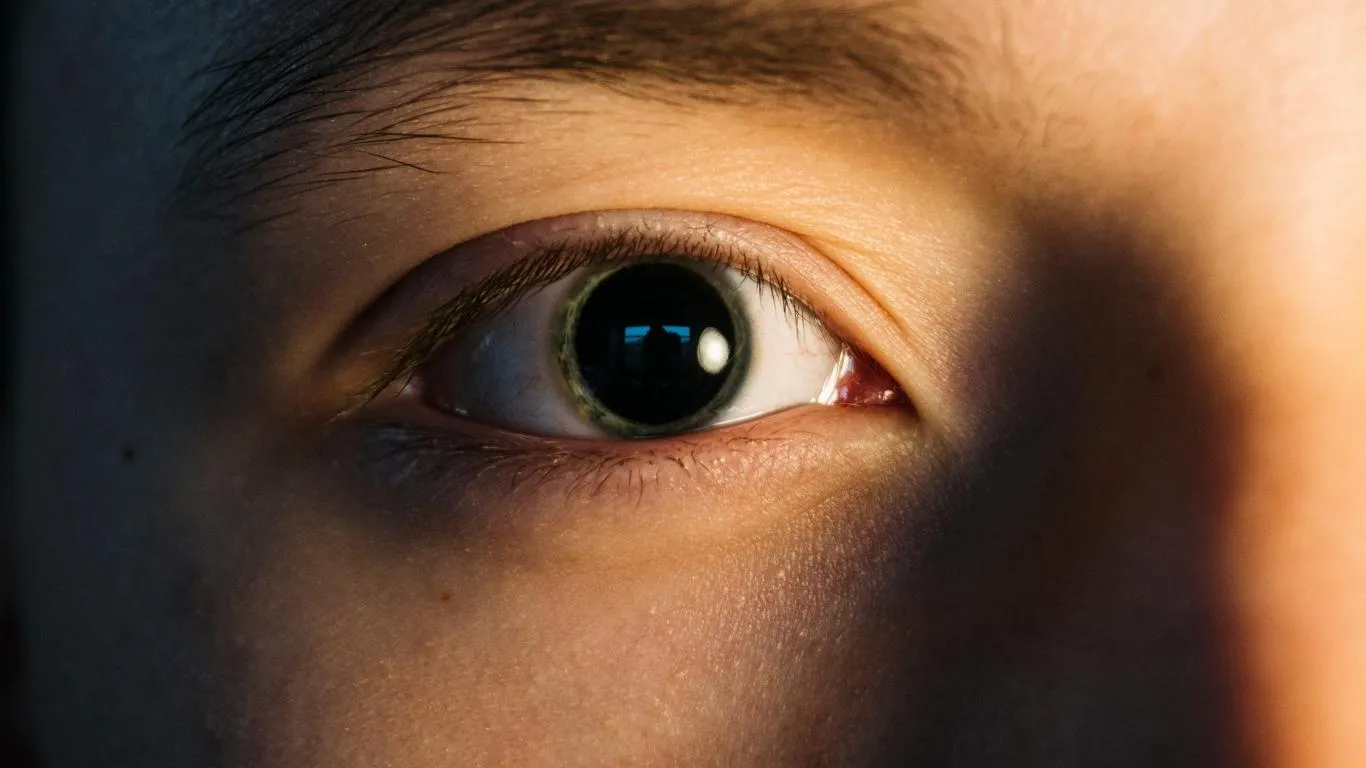
This one hit home for me. I started noticing floaters most when I wasn’t even trying to. Sitting by the window drinking coffee, lying down relaxing, even taking a shower—these were the moments floaters danced into my focus.
Turns out, *stillness* is one of the best ways to “catch” a floater. When you’re doing nothing, your gaze isn’t rapidly shifting, and your brain isn’t filtering distractions. This gives floaters the perfect stage to be seen in all their translucent glory.
It also ties into why floaters seem worse when tired or in low-activity states. Oddly enough, the same holds true when you’re fully rested and relaxed.
So… Are They Actually Getting Worse?
Not necessarily. What’s likely happening is that your perception has changed. You’re just more aware of them. But if you’re noticing changes in size, shape, or frequency, it’s always worth getting a professional opinion.
And if you’re curious about what’s considered normal vs. concerning, the breakdown in when are eye floaters dangerous is eye-opening—no pun intended.
Natural Ways to Minimize Floaters After Rest
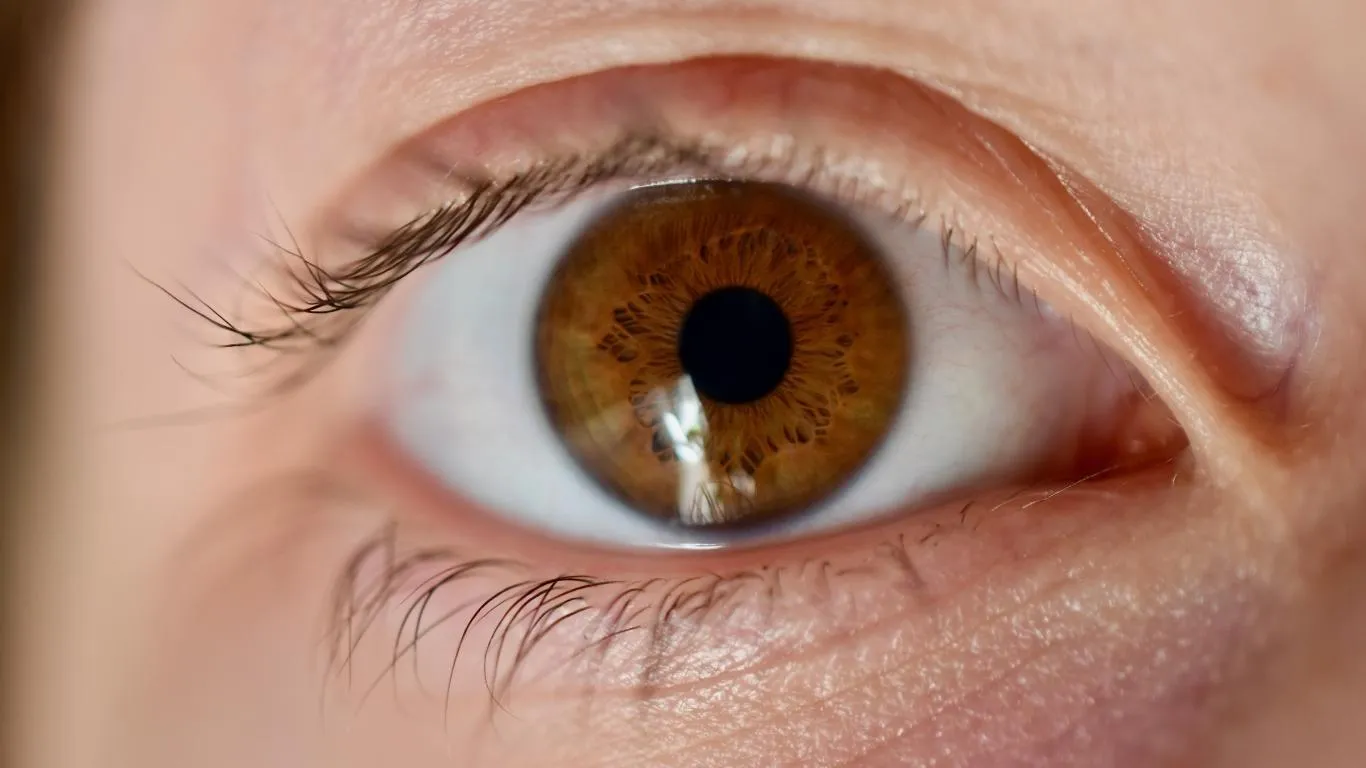
Good news—there are a few simple things you can do that may help reduce how visible floaters are, especially when you’re in a rested, relaxed state. While there’s no miracle cure, I found small changes made a big difference.
1. Adjust Your Morning Light Exposure
Try easing into bright environments after waking. Going straight from a dark bedroom to full daylight or your phone’s bright screen can make floaters pop. I started using warm lighting for 15 minutes before opening blinds—*game changer*.
2. Keep Your Body (and Eyes) Hydrated
Overnight fluid loss can subtly affect the eye’s internal gel. A glass of water first thing—and staying hydrated during the day—can help regulate vitreous consistency. You might also want to explore these science-backed supplements for floaters if dehydration or nutritional imbalance is a factor.
3. Reduce Morning Screen Glare
Staring at a bright white phone screen with high contrast can exaggerate floaters. I now use dark mode in the morning and avoid checking emails or texts until I’m fully up and about. You might even consider computer glasses to reduce floater visibility.
Daily Habits That Might Be Making Them Worse
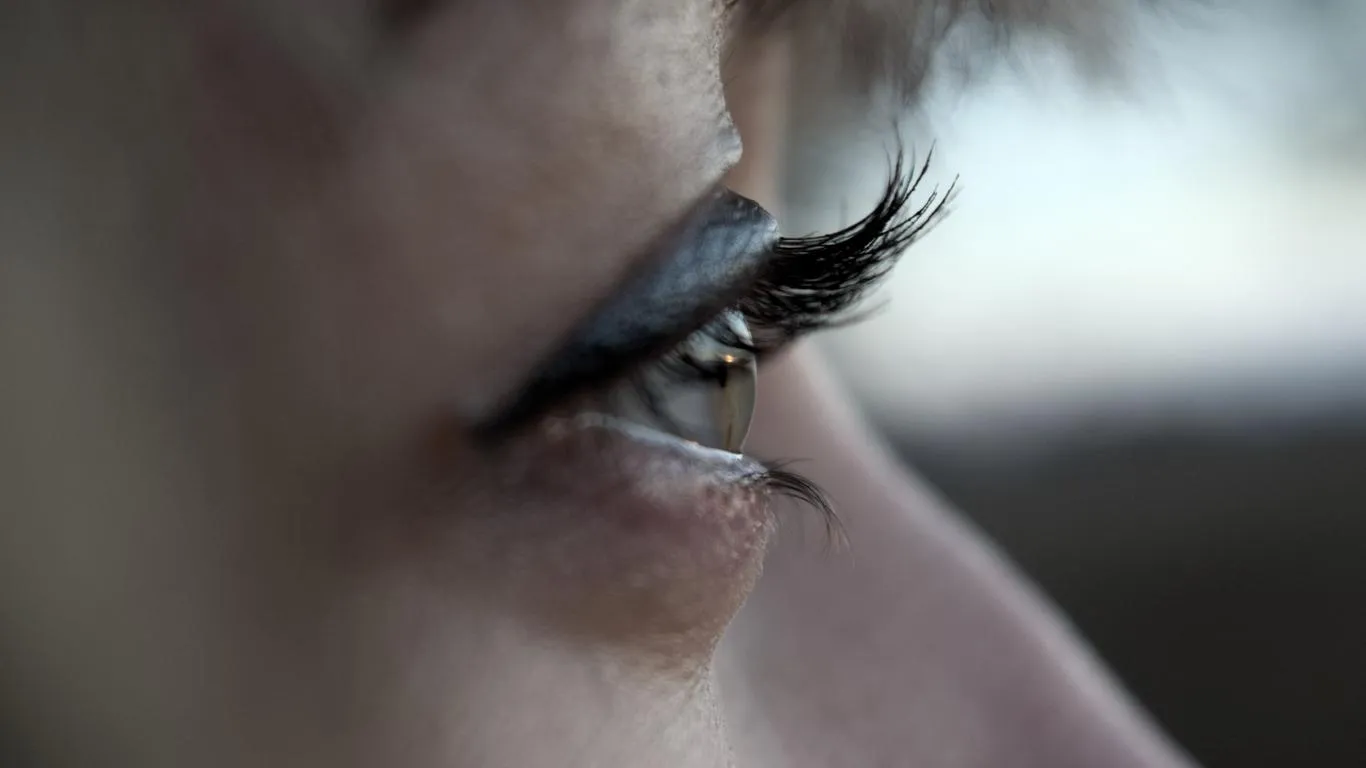
You may not notice it immediately, but some common daily habits could be making those early-morning floaters more persistent or even worse.
- Eye rubbing after sleep – I used to rub my eyes every morning out of habit. Turns out, this might contribute to vitreous disturbance. Learn why eye rubbing can cause serious floaters.
- Skipping eye-friendly nutrients – A diet low in lutein, zinc, or omega-3s may leave your eye tissue more vulnerable. Check out the top foods for eye health if you’re not sure where to start.
- Bright bathroom lighting – Sounds silly, but the mirror lights I had were brutal. Switched to soft daylight bulbs and it made mornings less harsh visually.
When Floaters After Rest Could Signal Something More Serious
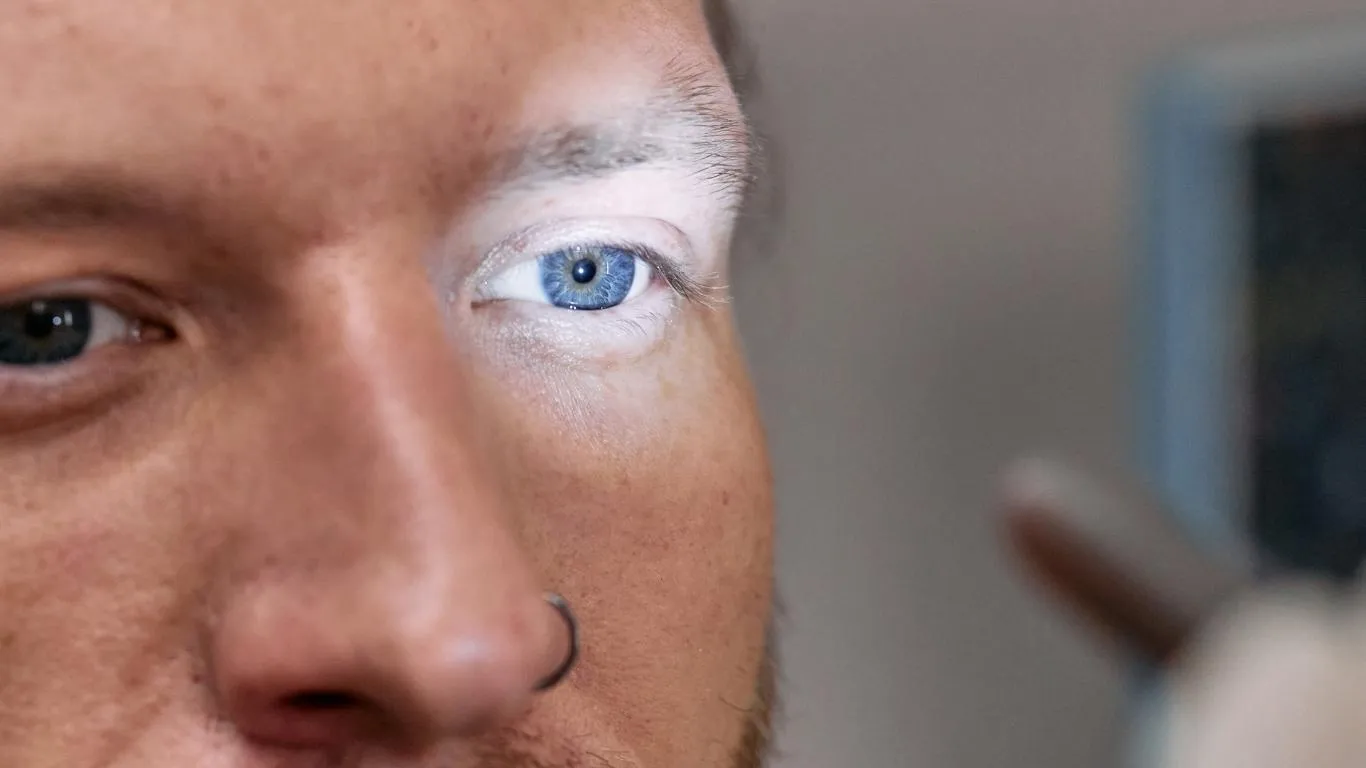
Most floaters—especially after rest—are harmless. But there are times when they signal bigger issues. If they appear suddenly, increase rapidly, or come with a shadow or curtain effect, it may be an emergency. Conditions like retinal tears and diabetic retinopathy are not to be taken lightly.
I had a scare once—woke up to a sudden burst of floaters and a flicker in my left eye. Luckily, it turned out to be a harmless PVD, but the eye doctor told me I came in just in time. If I had waited? It could’ve led to retinal detachment. Better safe than sorry.
Know the Red Flags
- Floaters that look like cobwebs or a dense cloud
- Sudden appearance of hundreds of floaters
- Flashes of light, especially in the peripheral vision
- A curtain-like shadow creeping across your sight
If you experience any of these, stop reading articles (yes, even this one) and see an ophthalmologist ASAP.
Are There Medical Treatments for Floaters?
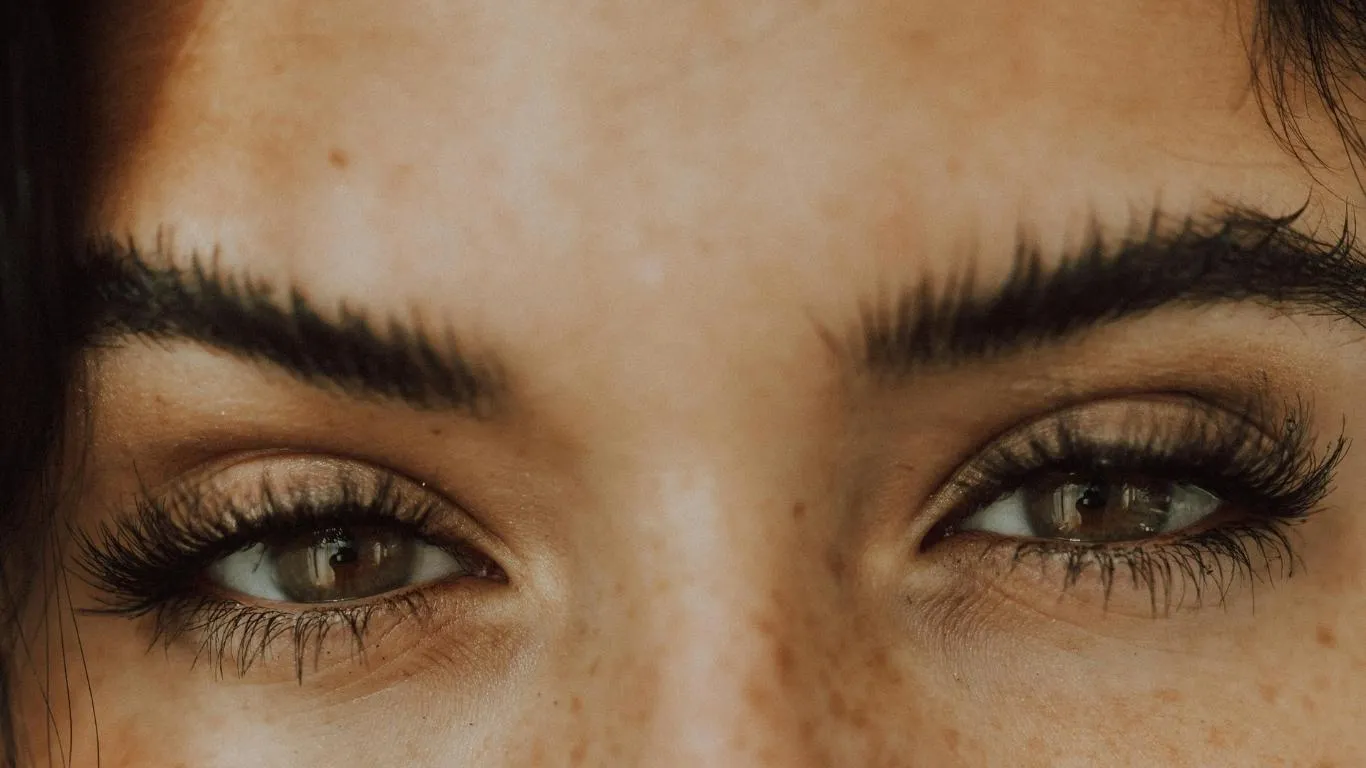
If floaters are affecting your quality of life, you’re not out of luck. Treatment options have evolved—though most doctors still recommend observation unless symptoms worsen.
Floaters Won’t Always Stay Forever
Many floaters fade over time. Your brain adapts, and they can settle below your line of sight. That said, if they’re severe, some of the treatments explored in this guide on floater treatments may help. Options include laser vitreolysis and vitrectomy, but both have risks and should be carefully considered.
Could Lifestyle Changes Be Enough?
Absolutely. That’s what worked best for me—hydration, light management, diet, and… patience. Also helpful? This breakdown on natural ways to manage floaters. Spoiler: Some tips are myths, but a few actually helped.
So, What Now?
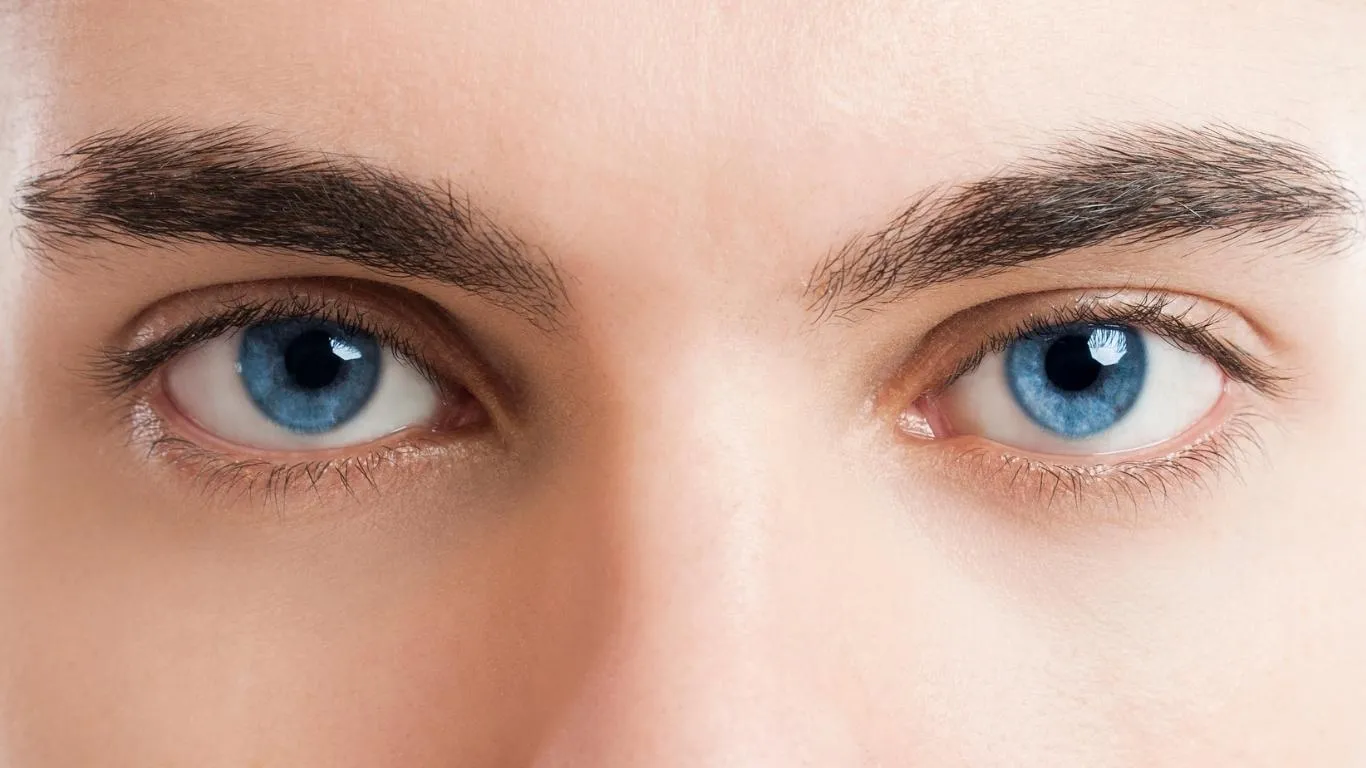
If you’re waking up rested only to face frustrating floaters, know you’re not alone. I’ve been there—still am some mornings. But the key takeaway is this: awareness is your best tool. Knowing what’s normal, what’s not, and how to respond makes all the difference.
If you want to go deeper into this topic, the full breakdown on what eye floaters are offers a solid foundation. And if you’re curious about other causes and when to worry, this guide to serious floater signs is worth a read.
Floaters don’t always mean something’s wrong. But knowing your body, tracking changes, and responding early? That’s real vision care. Trust me—I learned that the hard way.

Camellia Wulansari is a dedicated Medical Assistant at a local clinic and a passionate health writer at Healthusias.com. With years of hands-on experience in patient care and a deep interest in preventive medicine, she bridges the gap between clinical knowledge and accessible health information. Camellia specializes in writing about digestive health, chronic conditions like GERD and hypertension, respiratory issues, and autoimmune diseases, aiming to empower readers with practical, easy-to-understand insights. When she’s not assisting patients or writing, you’ll find her enjoying quiet mornings with coffee and a medical journal in hand—or jamming to her favorite metal band, Lamb of God.



